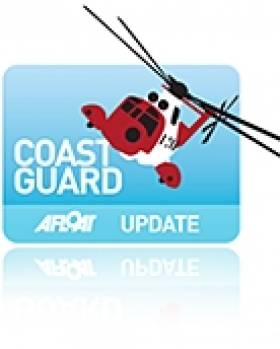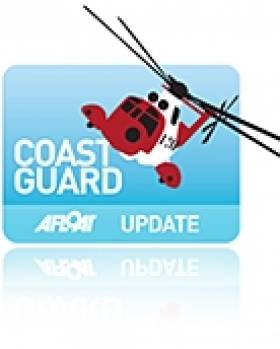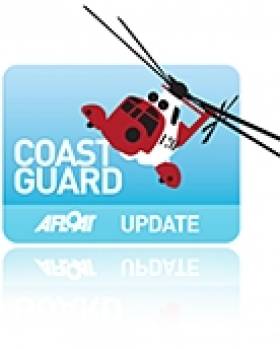Displaying items by tag: Public and Commercial Services Union
Concerns Over Belfast Coastguard Jobs
Concerns persist over the future for Northern Ireland’s coastguard service staff - despite the British government backing down from plans to close the Bangor search and rescue centre.
As previously reported on Afloat.ie, the Bregenz House station was given a reprieve under revised proposals to streamline the UK's coastguard network.
However the coastguard workers' union told the Belfast Telegraph that assurances must still be given to preserve "the same level of service”.
Ian Graham of the Public and Commercial Services (PCS) union said: "The numbers they’re quoting in the proposals are not providing this service with enough staff.
"Lives are still at risk with these proposals, there isn’t one UK coastguard I have spoken to that doesn’t disagree with that. We need to keep fighting to safeguard the service. This was a small victory.”
The Belfast Telegraph has more on the story HERE.
Penning Says Meeting with Bangor Coastguard Staff Clears Air
UK Shipping Minister Mike Penning described his meeting with Bangor coastguard staff last week as "a breath of fresh air", BBC News reports.
Last Wednesday Penning met staff at Northern Ireland's only coastguard centre, which is threatened with closure under plans to streamline the UK's coastguard station network.
Minister Penning admitted to BBC News that Bangor was not on the original list of centres marked for closure.
"It was a decision made by myself and the secretary of state and we were honest about that," he said, adding that there was now "acceptance of the people in the frontline that there has to be change and there has to be modernisation".
The minister said no date had been set for a final decision on which stations would be closed.
Meanwhile, the Community Telegraph reports on confusion among the public following the meeting with Maritime and Coastguard Agency (MCA) officials in Bangor on 3 March.
Ian Graham of the Public and Commercial Services (PCS) union, which represents coastguards, said: “They didn’t really answer any of the questions from the public adequately."
He added that statistics they used in a slideshow to illustrate rescue incident start time were "misleading" as "a lot of rescues can last for hours".
Bangor Closure 'Will Not Diminish Safety' Says MCA Chief
Proposals to close Northern Ireland's only coastguard control centre "will not diminish safety" at sea, according to the head of the UK's Maritime and Coastguard Agency.
The Irish Independent reports that Vice-Admiral Sir Alan Massey insisted coastal emergency services would be "enhanced" under plans to streamline the British coastguard station network.
Nineteen stations will be reduced to just two 24-hour centres - in the south of England and at Aberdeen on Scotland's east coast. Five day-only centres would also be retained, with one located at either Liverpool or Bangor.
The MCA chief executive said that local knowledge could be enhanced by centres providing services over a larger area.
But a union representative accused the MCA of proposing a skeleton service that could put lives in jeopardy.
Ian Graham of the NI branch of the Public and Commercial Services Union, which represents staff at the Bangor centre, said: ""All the knowledge that people in the station have will be lost forever and that will put everyone who uses the sea and inland waterways at risk."
The Irish Independent has more on the story HERE.


























































